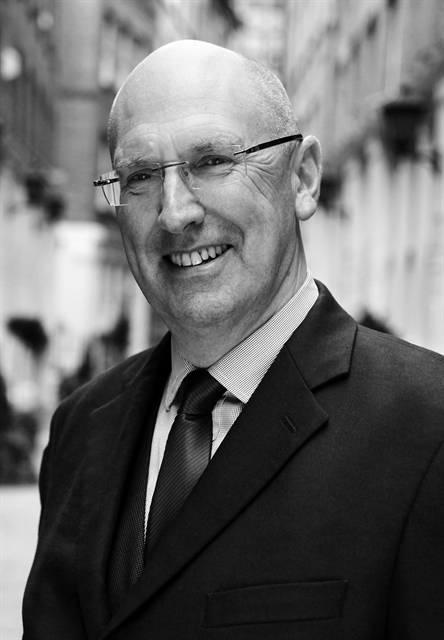 Economy
Economy


|
| Brian Spence |
* Brian Spence
The warrior Achilles is one of the great heroes of Greek mythology. According to legend, Achilles was extraordinarily strong, courageous and loyal, but he had one vulnerability: when his mother dunked him into the River Styx, whose waters conferred the invulnerability of the gods, she had to hold him by the heel and so left him with an area of weakness – one that eventually proved his undoing. Thus, when we speak of an otherwise indomitable person having a flaw that might not be easy to see, but can easily be their downfall, we talk of their “Achilles’ heel”.
So, what has Greek mythology got to do with Việt Nam in the here and now? Well, it’s that I perceive a real Achilles’ heel evident in the business culture.
One of the first things Westerners learn when trying to get to grips with Asian culture is the concept of “losing face”. While everyone loathes the pains of shame and embarrassment, avoiding any loss of face in business seems like an overriding principle here. As with Achilles and his mythological heel, that focus can become a weakness that negates many strengths. It can also lead to great harm.
Strength in vulnerability
In my experience in the Vietnamese M&A and consultancy arena, it is a sad fact that seven out of ten business owners will not admit to vulnerability or weakness, or indeed the need for support and external advice of any kind. Such is the loss of face they fear, concessions like this are actually anathema to many otherwise very incisive and wise people.
My observation over several years in Việt Nam is that the owners of family businesses often do not share responsibility for their management because they view this as a weakness. This results in many family businesses being unable to reach the heights that other more internationalised ones can reach. They impose an artificial glass ceiling above which the owner will not allow their employees – or indeed themselves – to go beyond in their achievements.
My personal view is that an individual shows strength when admitting weakness and, through awareness of where things can be improved, they can become stronger than ever.
A new breed
We can see this in action with a new breed of business owner starting to take centre stage – often helped by a family member who has been educated abroad and so has learned to temper their cultural inheritance with other perspectives that might be more helpful towards business goals.
It is undoubtedly good to be single-minded and the “captain of the ship”; that’s how successful businesses are created. However, as they grow and have to adapt, the value of teamwork, openness, vulnerability and inclusion of different viewpoints grows too.
As businesses transition to the next generation, we can expect broader ways of thinking to take hold even more strongly, but the influence of the young is already having a transformative effect on forward-thinking owners of SMEs. Children who have brought their parents round to a more inclusive and internationalised way of working can see very clearly the effect on their competitiveness almost straight away.
Just because a certain way of doing things has been around for a long time, shouldn’t mean it is clung to. The objectives you are trying to achieve should guide your every step.
Investment, not cost
In similar fashion, I very often see resistance to paying for advice on running a family business. While it is certainly true that no-one knows their business like its owner, perhaps they don’t know the landscape and where things are heading as well as they might. It is only natural to see things through your own lens, but failing to take on board other viewpoints is what holds many entrepreneurs back.
It’s a matter of perspective. Is advice unnecessary and even intrusive, or is it a vital means of getting an edge? Likewise, is paying for good counsel a cost to be avoided, or is it an investment that will undoubtedly generate rewards?
The future is exceptionally bright for Việt Nam and there is so much opportunity for business owners to exploit both here and on the international stage. However, I would argue that unlocking that opportunity depends on embracing change in every sense. If it doesn’t work, and a devotion to independence and shutting outside voices certainly does not, it has to be let go.
There is a reason that consultancy is integral to the business sectors of every highly successful country. Indeed, most of the business owners I’ve known in my career wouldn’t even consider trying to do without it.
A chasm is opening up between the businesses of the past and those of the future. There is no weakness in accepting help to make sure yours is on the right side.
Don’t let an Achilles’ heel define your entrepreneurial journey.
* Brian Spence is managing partner of S&P Investments. He has more than 35 years of experience in the UK financial services industry as an investment manager, financial planner and M&A specialist. He is a regular contributor to the UK financial press and has a deep understanding of the financial services community. Brian’s column will reflect on all the challenges and opportunities within the Vietnamese market, bringing a fresh perspective to today’s hottest issues. The columnist’s email address is brian@sandpinvestments.com.